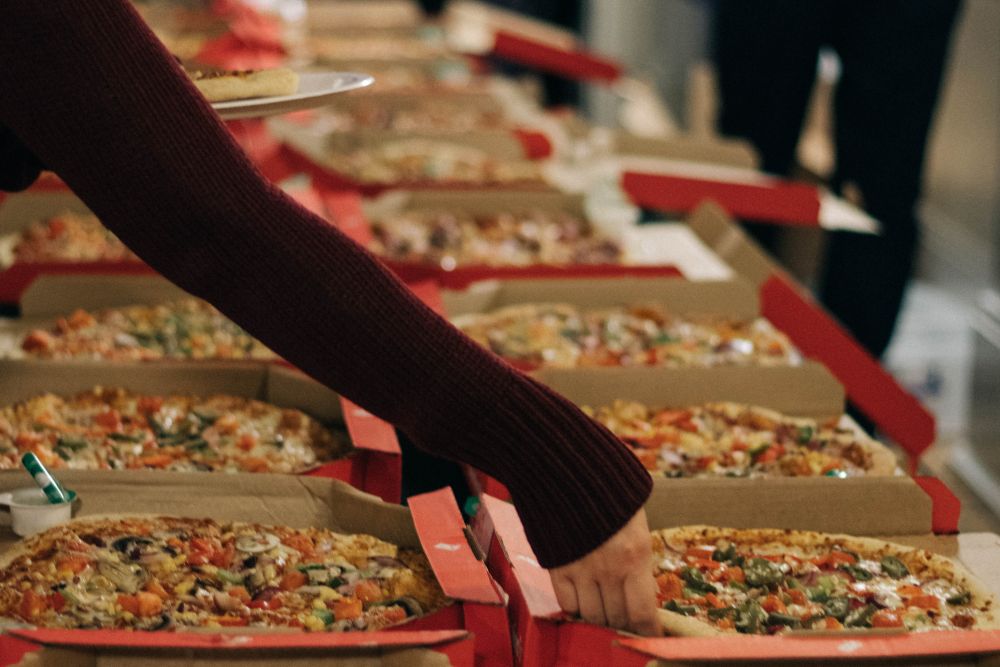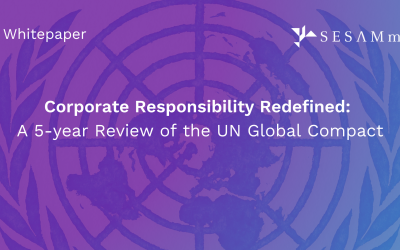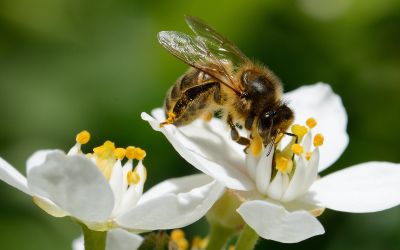Food waste from UK takeaway restaurants rises during lockdown
UK households reduce takeaway food waste by £3.2 million a week during lockdown – but waste in restaurants rises.

New analysis from the Sustainable Restaurant Association (SRA) and takeaway service Just Eat shines a light on the ‘true cost’ of food waste from takeaways in the UK and reveals how the impact of COVID-19 has changed our approach to the amount of food thrown away.
The new research finds that a staggering £376m worth of food is wasted by takeaway outlets, but that UK households are saving an average of £3.2m a week by making the most of the food they’re ordering during lockdown.
Just Eat and the SRA have been working together to better understand the true scale of food waste in the UK takeaway sector. They conducted joint research in December 2019, followed by a second investigation in April, to understand how attitudes towards food waste, both in the household and restaurants, have changed since lockdown.
More than half the restaurants surveyed in April pointed to unpredictable fluctuations in customer ordering patters as the main reason for the increase in food waste generated, from an average of £111 to £148 per week per restaurant. This is a £16.7m rise for the sector as a whole during lockdown.
“No business in its right mind wants to see its core product end up in the bin, especially not when it’s costing almost £400m a year and contributing to a carbon footprint larger than the global aviation industry,” said Andrew Stephen, chief executive of the SRA. “Now is an opportune time for operators to review their menu, simplify processes, and design out waste.”
Just Eat said that it intends to give its partners insights and data to help them better anticipate lockdown fluctuations in demand during this period. It also pointed food waste guidance documents published by the SRA and the Waste and Resources Action Programme (WRAP) that could equip takeaway restaurants to be as food waste savvy as possible.
Restaurant partners of Just Eat are encouraged to use Too Good to Go, an app which helps businesses reduce food waste by enabling them to sell their surplus food to consumers for a discounted price.
“Reducing avoidable food waste is one of the easiest ways we can tackle the carbon footprint of takeaway meals and make a positive impact on the environment,” said Robin Clark, Just Eat’s director of global restaurant services and sustainability. “With food delivery services more vital now than ever and restaurants operating on tighter budgets, it feels like the right time to help our partners tackle the food wasted in their kitchens.”
The new findings also suggest that when takeaway meals have reached their final destination, they are being consumed more conscientiously by consumers.
Before the lockdown, a survey commissioned by Just Eat revealed nine percent of the food delivered through takeaways was thrown away. The follow-up study undertaken during the coronavirus outbreak reveals that the level of household waste has shrunk to just over seven percent.
Nearly 60 percent of respondents in the latter survey said they have better oversight over how much food is wasted in their household since lockdown began, and more than 80 percent agreed with a statement that stockpiling and empty supermarket shelves had heightened their awareness of food waste.






